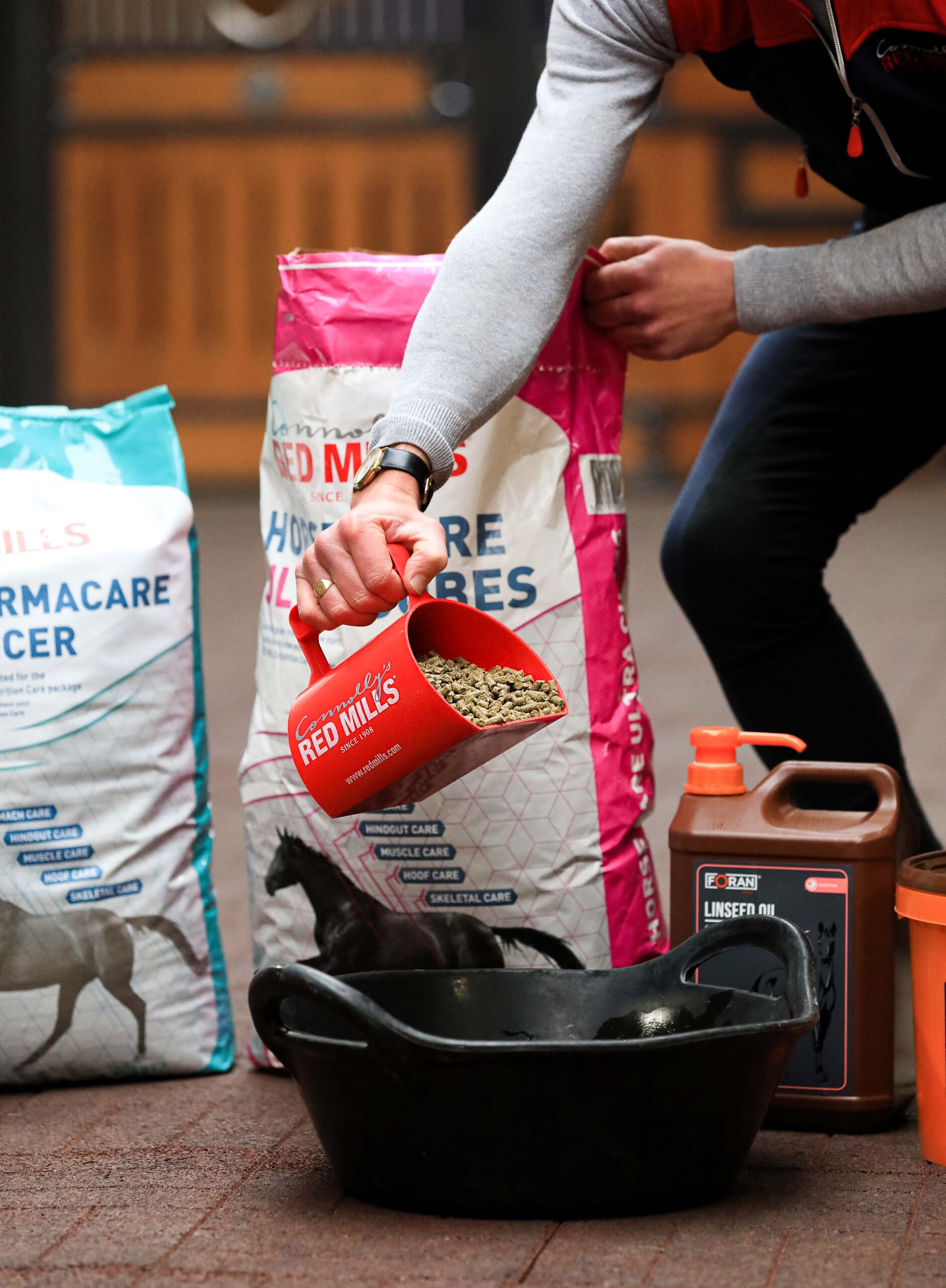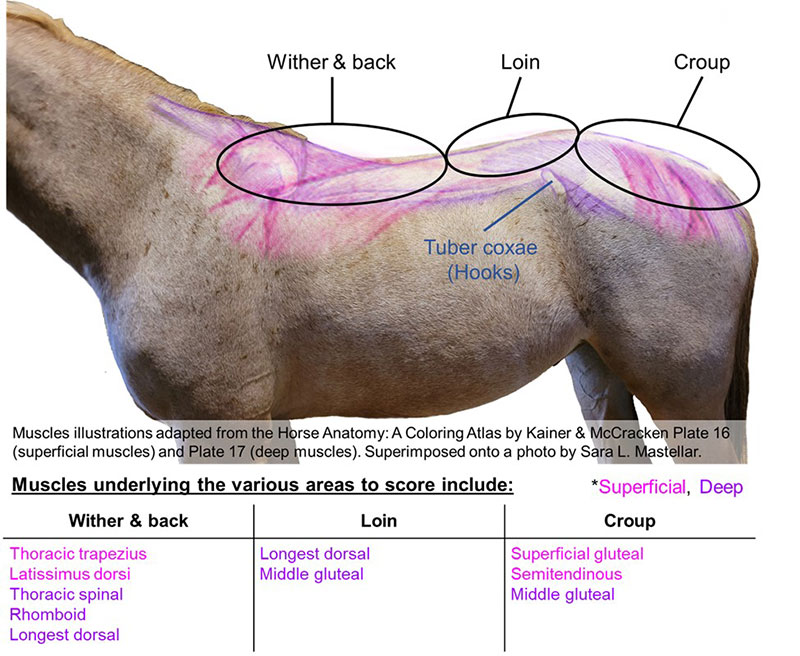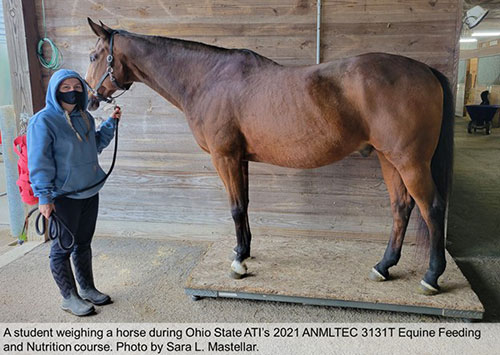Feeding Guidelines for Young Horses

Feeding young horses properly is crucial for their growth, development, and long-term health. This guide provides detailed feeding recommendations, nutritional requirements, and practical tips to ensure your young horse thrives.
Importance of Proper Nutrition for Young Horses

Young horses, especially foals and yearlings, have unique nutritional needs that differ significantly from adult horses. Proper nutrition supports bone growth, muscle development, immune function, and overall vitality.
Nutritional Requirements
| Nutrient | Role in Development | Recommended Intake |
|---|---|---|
| Protein | Muscle and tissue growth | 12-16% of diet dry matter |
| Energy (Calories) | Supports growth and activity | 2.5-3.5 Mcal/kg body weight/day |
| Calcium & Phosphorus | Bone development and strength | Ca:P ratio of 1.5:1 to 2:1 |
| Vitamins (A, D, E) | Immune support and bone health | According to NRC guidelines |
| Minerals (Zinc, Copper) | Enzyme function and growth | Trace amounts as per feed analysis |
Feeding Schedule and Practices
- Foals (0-6 months): Primarily nurse from the mare; introduce creep feed by 1-2 months.
- Weanlings (6-12 months): Gradually transition to solid feeds; provide high-quality forage and concentrate.
- Yearlings (1-2 years): Balanced diet with adequate protein and energy; monitor body condition regularly.
Types of Feed
- Forage: High-quality hay or pasture is the foundation of the diet.
- Concentrates: Grain mixes or pelleted feeds formulated for growth.
- Supplements: Vitamins and minerals to fill dietary gaps.
Common Feeding Mistakes to Avoid
- Overfeeding concentrates leading to digestive upset.
- Inadequate forage causing poor gut health.
- Imbalanced calcium to phosphorus ratio affecting bone development.
Sample Feeding Plan
| Age Group | Feed Type | Amount per Day |
|---|---|---|
| Foals | Mare’s milk + creep feed | Creep feed: 0.5-1 kg |
| Weanlings | Forage + concentrate | Forage: 1.5-2% body weight; concentrate: 0.5-1 kg |
| Yearlings | Forage + balanced concentrate | Forage: 1.5-2% body weight; concentrate: 1-1.5 kg |
Frequently Asked Questions (FAQ)
Q1: When should I start feeding my foal solid food?
A1: Begin introducing creep feed at 1-2 months to supplement mare’s milk.
Q2: How do I know if my young horse is getting enough nutrients?
A2: Monitor growth rates, body condition, and consult with a veterinarian or equine nutritionist.
Q3: Can I feed the same diet to a foal and a yearling?
A3: No, dietary needs change with age; adjust feed types and amounts accordingly.
Q4: What are signs of nutritional deficiencies in young horses?
A4: Poor growth, weak bones, dull coat, and lethargy may indicate deficiencies.
Proper feeding of young horses is a dynamic process that requires attention to detail and adjustments based on growth stages. Following these guidelines will help ensure your horse develops into a healthy, strong adult.
